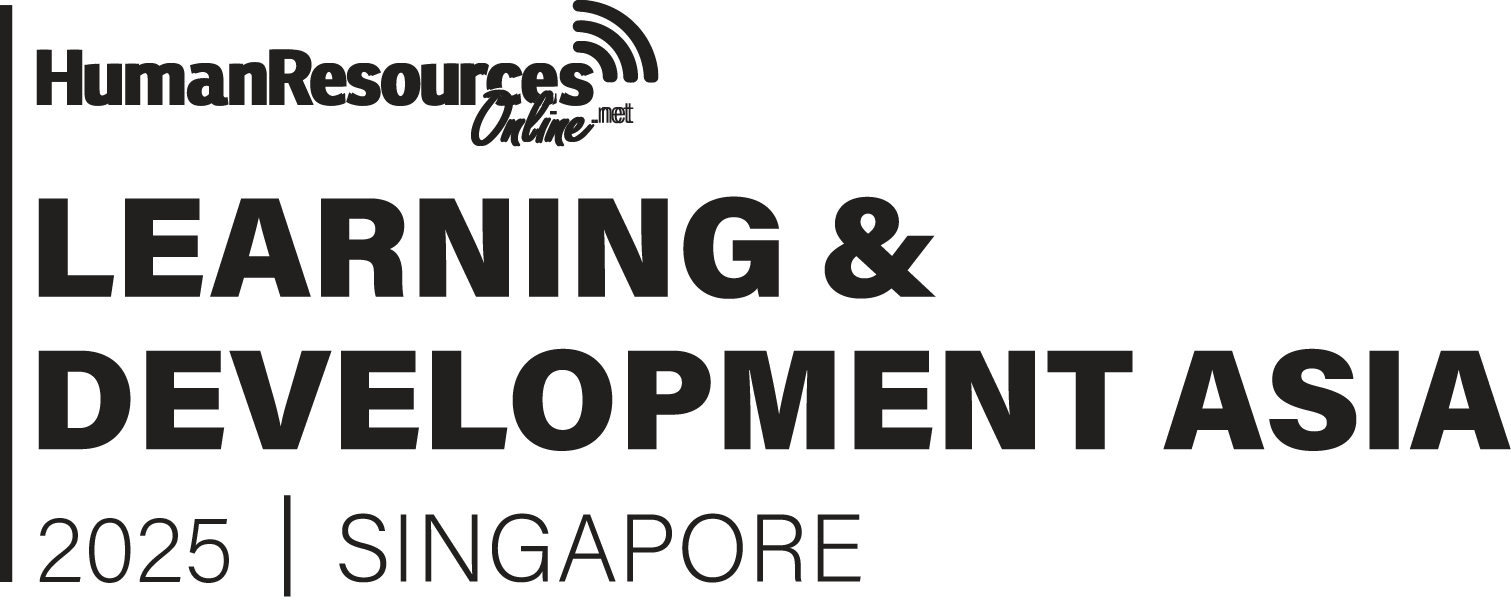DAY 2 | THURSDAY, 11 SEPTEMBER 2025
Registration
Welcome address

Aditi Sharma Kalra
Editor-in-chief
[Opening keynote]
The art of learning and unlearning: Breaking habits to build future-ready mindsets
Whether it’s individuals clinging to familiar routines or organisations resisting new ways of thinking, the ability to learn, unlearn, and relearn is now a critical skill. However, letting go of outdated approaches no matter how successful they once were requires courage, discomfort, and a culture that supports experimentation over perfection.
This session explores the psychological, cultural, and structural challenges behind unlearning and how both individuals and organisations can break free from what no longer serves them to make space for growth and innovation. We dive into:
- Understanding the neuroscience of habit formation and why unlearning is harder than it sounds.
- Fostering a mindset of curiosity and adaptability in teams to embrace change, not resist it.
- Exploring what it takes to embed unlearning into your organisational culture moving from rigid expertise to flexible learning.
- Strategies for leaders to model unlearning behaviour and create safe spaces for experimentation and failure.
Future-ready leadership & workforce agility
[Keynote presentation]
Accelerated but at risk? Preserving critical thinking in an AI-driven learning environment
AI is transforming the way we learn, providing instant access to knowledge, personalised learning paths, and automated content curation. While this evolution accelerates learning, it raises a growing concern: are we trading depth for speed? For younger employees who have grown up with on-demand answers, the risk of diminished critical thinking and problem-solving capabilities is real.
This session will examine how L&D leaders can harness the power of AI without compromising essential human skills, such that speed doesn’t replace substance.
Key discussion points include:
- Exploring the impact of AI on critical thinking and how passive learning may weaken problem-solving over time.
- Preserving essential human skills, reasoning, judgement, and analysis in tech-driven learning environments.
- Designing learning experiences that blend instant access with deeper reflection and inquiry.
- Reinforcing mentorship, peer learning, and dialogue as key tools to cultivate independent thinking.
Morning break
[Panel discussion]
The human edge: Why human skills remain crucial in a tech-driven world?
As highlighted by the World Economic Forum, a unique blend of technical proficiency and human insight will drive true innovation and leadership in the workforce.
In this session, let’s explore:
- Why the rise of technology makes human skills even more essential for organisational success.
- How to identify and nurture the people skills that complement the digital transformation.
- Preparing employees for the future by integrating human insight with emerging technologies to unlock innovation and creativity.

Kiya Cheng
APAC HR Director

Ronnie Xu
Head of HR

Shaun Renwick
Senior HR Director, Talent and ED&I, AMEA
[Case study]
Who owns development? Understanding the leader’s role in the shared ecosystem of learning
In this session, our distinguished speaker will share insights on:
- Setting up the partnership “contract”: From passive support to active enablement and role modelling.
- How to build a culture where leaders at every level feel responsible for growing the capabilities of their teams and yet well-supported by L&D teams.
- Designing a shared ownership model that aligns employees, managers, and the organisation in a unified development agenda.

Eric Lim
Head of Leadership & OD, SBS Transit and Head of L&D
Networking lunch
[Talent trivia]
[Keynote presentation]
Future-ready from the heart: Championing workforce transformation in the social service sector
But preparing the workforce for the future goes beyond technical skills. It’s about cultivating the right mindsets, nurturing agile leadership, and embedding human-centred practices that enable professionals to thrive in times of change.
In this session, we learn:
- How NCSS has championed learning and development as a strategic enabler, empowering social service professionals not just to cope with, but to lead change.
- The role of sector-wide initiatives, and deep partnerships in nurturing adaptive leaders, digital dexterity, and collaborative innovation from the ground up.
- How purpose and performance go hand-in-hand in a sector driven by passion and commitment.

Bruce Liew
Director, Capability Implementation and People Strategy
Transformative tech in learning
[Panel discussion]
AI-powered personalisation: Transforming learning journeys through skill alignment and data-driven insights
This session explores the cutting-edge applications of AI in learning experience platforms (LXPs) through conversations on:
- Harnessing AI to assess skill gaps and recommend personalised learning journeys.
- Automating skill assessments with AI-driven scenario-based evaluations to improve accuracy.
- AI-supported curriculum matching: Streamlining content delivery for faster, more relevant learning.
- Enhancing real-time data analysis with AI tools to optimise learning effectiveness.
Panellist:

Casey Mee
Head of Careers & Capabilities Technology

Rithvik Vijay
Executive Director – Head of Human Resources, SEA
Moderator:

Emily Phyu
Vice President, Leadership & Talent
Afternoon break
[Lightning talks]
Performance reimagined: Measuring real employee impact in an AI-augmented workforce
In this session, let’s hear about:
- Redefining performance – How to measure value-added contributions in an AI-enabled workforce.
- Beyond the tool – Identifying creativity, problem-solving, and judgment that go beyond AI capabilities.
- Building AI fluency – Setting clear expectations for effective and responsible AI use across roles.
[Mini keynote presentation]
Scaling smart: Designing globally accessible L&D for a distributed workforce
This session explores how organisations are rebuilding L&D programmes that are both globally consistent and locally relevant, while navigating challenges of scale, accessibility, and engagement. Key discussion points include:
- Localisation strategies that maintain global consistency while respecting regional nuances.
- Leveraging technology to remove barriers in connectivity, language, and time zones.
- Frameworks for rolling out impactful L&D across multiple geographies with agility and efficiency.

Cherie Tang
Regional L&OD Lead
Closing remarks

Priya Sunil
Deputy Editor, Southeast Asia
